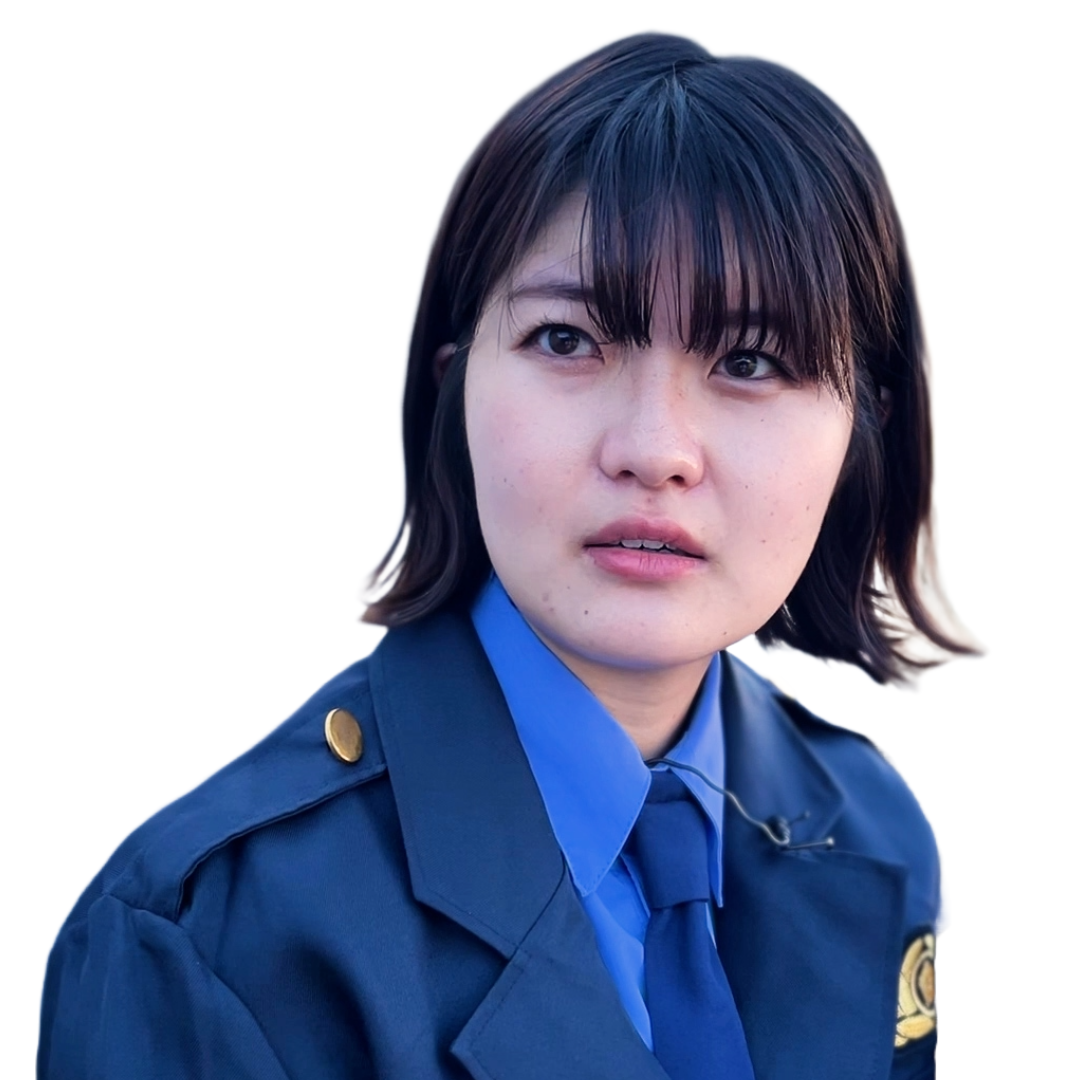
お名前は何ですか。
onamae wa nandesu ka
What is your name?

ネイサン・・・
neisan
Nathan…

はい?
hai
Excuse me?

ネイサンです。
neisan desu
My name is Nathan.

きこえません。
kikoemasen
I cannot hear.

もういちどフルネームでおねがいします。
mō ichido furunēmu de onegaishimasu
Please say your full name again.

ネイサン・チャンです。
neisan chan
I’m Nathan Chan.

ネイサン・チャン?
neisan chan
Nathan Chan?

はい!
hai
Yes!

どうぞ、よろしくおねがいします。
dōzo, yoroshiku onegaishimasu
Nice to meet you.
| (お)名前 (お)なまえ (o) namae | name |
| 何 なん / なに nan / nani | what |
| もういちど mō ichido | again |
| フルネーム furunēmu | full name |
| 私 わたし watashi | I |
* “お” (o) is an honorific prefix, adding politeness or respect.
In Lesson 2, we studied the expression “これは何ですか” (Kore wa nan desu ka), which translates to “What is this?” in English.

これは何ですか。(Lesson 2)
korewa nandesu ka
What is this?
If we replace “これ” (kore) with “お名前” (onamae), it becomes an expression for asking someone’s name.

お名前は何ですか。
onamae wa nandesu ka
What is your name?
When stating your name in English, you use “〜です。”.

ネイサンです。
neisan desu
I’m Nathan.
More precisely, you say, “私の名前は〜です。”. However, in Japanese, when the subject is clear from the context, it is common to omit the subject. In actual conversations, when introducing oneself, it is common to simply say, “〜です。”.

私の名前は倉田ゆりです。
watashi no namae wa kurata yuri desu
My name is Yuri Kurata.
In more formal situations, such as in business settings, you might also use a more formal expression like “〜と申します。(~to mōshimasu)”.

石田と申します。
ishida to mōshimasu.
My name is Ishida.
Similar to the usage, “おねがします” (L4), it is also employed when making requests or asking for favors. Adding “よろしく” enhances the politeness of the expression.
Adding “どうぞ” before “よろしくおねがいします” makes the expression even more polite.

どうぞ、よろしくおねがいします。
dōzo, yoroshiku onegaishimasu
Nice to meet you.
While “よろしく” alone is sometimes used, it’s important to note that this is typically in more casual or familiar relationships. Exercise caution and be mindful of the level of formality appropriate for the situation.

みかです。よろしく!
mika desu, yoroshiku
I’m Mika. Nice to meet you!
よろしく。/ おねがい。(casual)
おねがいします。(polite)
よろしくおねがいします。(more poliete)
どうぞ、よろしくおねがいします。 (most polite)
Arrange it in the correct sequence.
1. 私は/チョコレートアイス/が/食べたい/です。 (I want to eat chocolate ice cream.)
2. 私の/息子は/学校に/行きたがって/いません。 (My son doesn’t want to go to school.)

